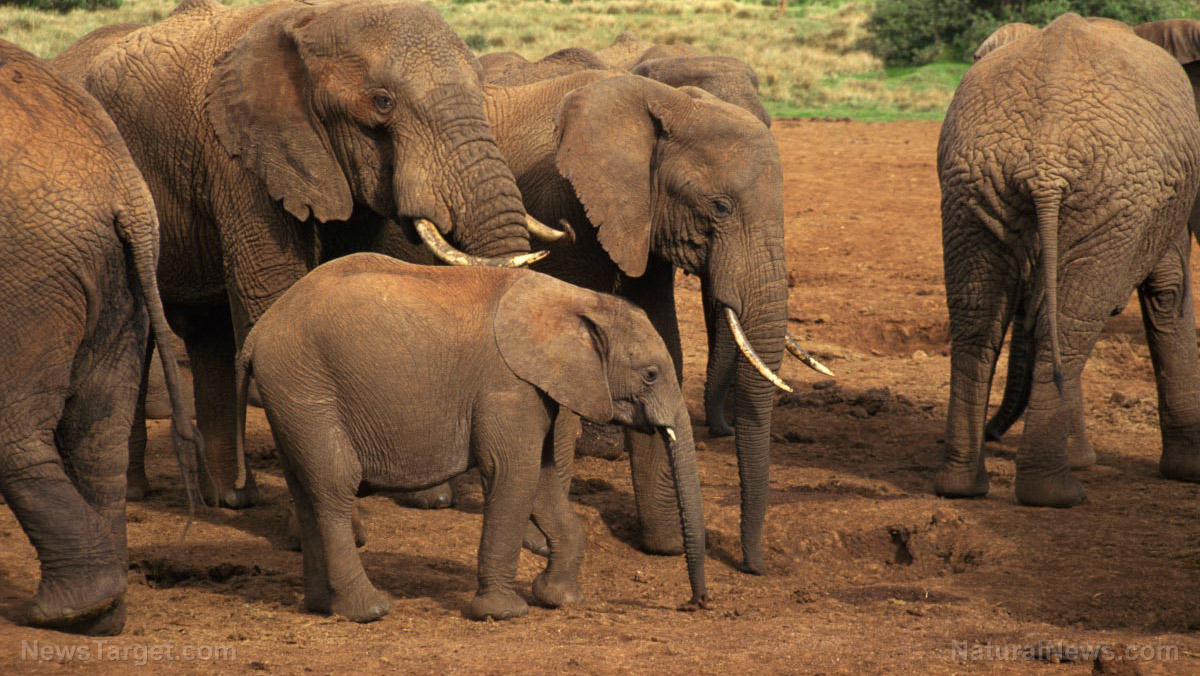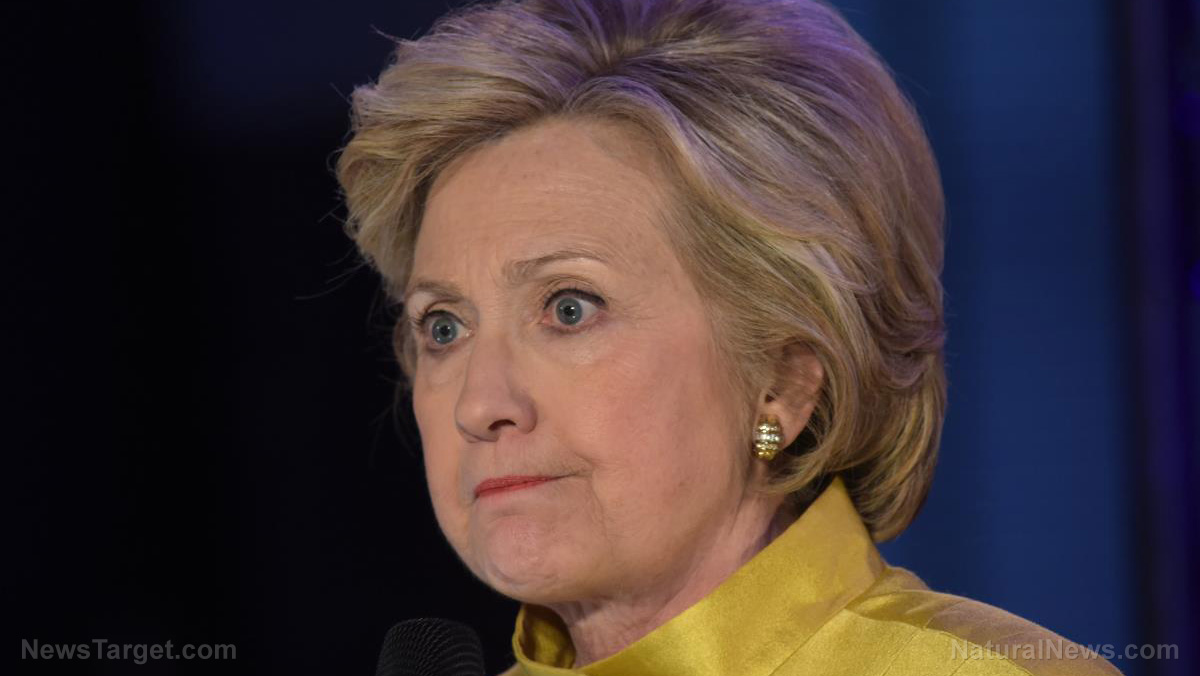SICKOS: Botswana auctions off licenses to kill elephants after hunting ban lifted

(Natural News) A major auction was held in Botswana this month for licenses allowing big game hunters to kill elephants after the country’s president overturned a blanket ban on hunting the animals.
Botswana has the world’s greatest elephant population, but the majestic creatures are now under threat there as President Mokgweetsi Masisi revoked the moratorium put in place by his predecessor shortly after taking office.
The government sought to sell seven hunting packages that would take the lives of 10 elephants a piece in “controlled hunting areas.” Bidders were required to show “appropriate elephant hunting experience” as well as a lack of previous wildlife criminal convictions. To be eligible to bid, companies had to be owned by Botswana citizens or be registered in the country. The auction was held at the Ministry of Environment, Nature Conservation and Tourism in the country’s capital, Gaborone.
The auction notice states that all elephant hunting expeditions must be accompanied by a professional guide at all times; collared elephants cannot be hunted. The hunting season for this year is expected to kick off in April and run through September, a period that covers the dry winter there, when thinner African bush makes it easier to spot the animals.
According to Reuters, just six bidders came up with the reserve fee of roughly $18,000. The buyers were all expedition operators who plan to sell the packages on to trophy hunters at a profit. Most of these trophy hunters hail from the U.S. and will be allowed to export the trophies.
Elephants under threat
More than one third of the African continent’s total elephants can be found in Botswana, whose elephant population exceeds 135,000. Many of them live within the Chobe National Park. While elephant numbers across Africa have dropped by more than a third overall since 1979, Botswana’s elephant population has risen significantly since the late 1990s.
The Masisi government claims that legal hunting is needed to reduce conflict between humans and elephants, but conservationists believe that more hunting could encourage illegal poaching.
The government has issued a quota for the murder of 272 elephants in 2020, 202 of which will be directed toward foreign hunters.
Some local residents have expressed frustration with the elephants entering their villages and trampling their crops, accusing conservationists of being foreigners who are trying to take away the livelihood gained from wildlife tourism. However, studies have shown that the local communities there are not seeing the financial benefits promised by the hunting industry.
Botswana isn’t the only place that hunters who want to kill elephants can carry out these heinous acts. This year, Zimbabwe is issuing 500 licenses to hunt elephants, while Namibia is issuing 90. Hunters generally have to pay several hundred dollars per day for the required professional hunter guide who must accompany them on the hunt, in addition to fees for accommodations and taxidermy. Most of the hunts last 10 to 18 days.
Last year, Natural News reported that elephant poaching rates have been on the decline since 2011, when more than 10 percent of the elephants in Africa were killed because of poaching. In 2017, that figure was just 4 percent, partly due to falling demand for ivory.
Nevertheless, it’s estimated that anywhere from 10,000 to 15,000 of these beautiful animals are still being poached each year, and with roughly 350,000 elephants remaining in Africa, they could be headed toward extinction if the practice isn’t halted.
Sources for this article include:


